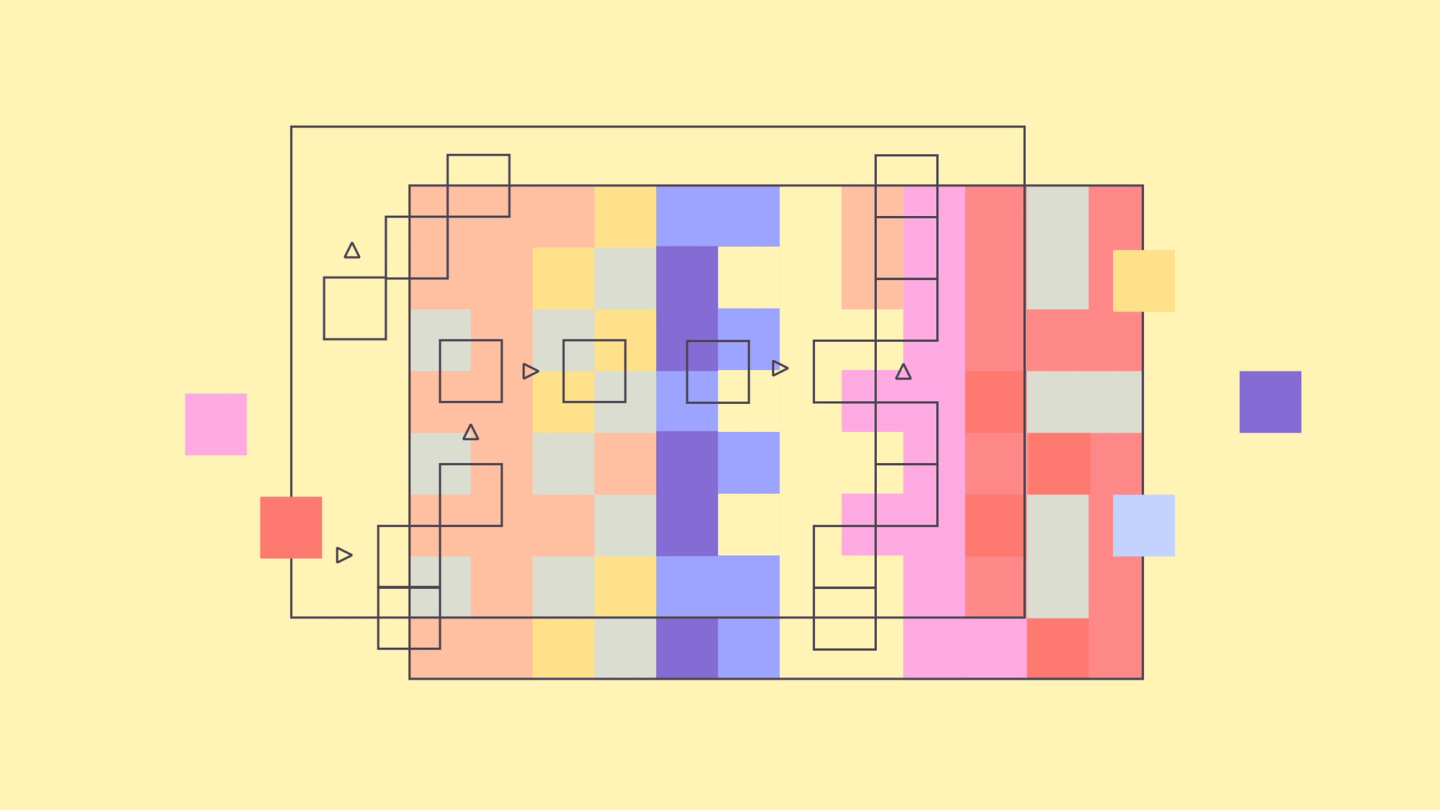
Change the way you and your teams work with AI to build high-quality software and data solutions. Reduce toil and technical debt. Improve speed to market. Create time and space to focus on innovation and value.
Unlock the full potential of AI-assisted development with a course designed for real-world impact, offering hands-on, practical training built for software engineers and engineering leaders.
This course is designed to accelerate your adoption of AI for engineering, helping realise team and individual benefits earlier. The course focuses on developing high-quality, real-life software products using techniques designed to empower teams, reduce toil, increase quality and fundamentally change the way you work with AI.
Beyond learning AI tools, the course focuses on developing a resilient approach to navigating the evolving landscape of AI in software development and building confidence and capability while working side-by-side with AI.
This course assumes a basic understanding of AI models and tools (eg. prior use of ChatGPT, Claude, etc) and a foundational knowledge of software engineering practices, including test automation.
Check out the course outline below, request more information via the form and book using the links below.
Why choose this course?
- Carve out time and a safe space to learn amongst a cohort of peers
- Enjoy a curated learning journey designed to help devs accelerate their adoption of real-world AI engineering practices
- Apply practical and relevant patterns to work after the first week
- Accelerate your career as an early adopter of AI for engineering
- Position yourself as a leader within your organisation
- Learn from deeply experienced trainers and software practitioners
- Experience the joy of paying down technical debt with assisted and agentic AI
- Bring your IDE, coding style and preferences as you learn
Course structure
- Nine modules over nine weeks
- 1.5-hour live interactive sessions per week covering each module
- Approximately two-to-four hours on self-directed exercises per week based on experience
Course costs
- $2990 – For the full nine modules over nine weeks. This includes a complimentary introductory module to help you prepare for the course, as well as an optional module to support you in leading change within your organisation. You keep access to all the content for 18 weeks, allowing you to catch up on any live instruction or repeat any part of the course within that time
- $250 p/h – Optional one-on-one support is available on an hourly basis at any time
Real learning, real results
Even though AI technology moves incredibly fast, this course gave me a solid foundation that will stay relevant as things continue to evolve. Highly recommended for anyone wanting to understand AI beyond just surface-level tool usage"
CX Architect/Product Lead
Independent
The course delivered actionable techniques and valuable insights I could implement immediately. Its combination of practical demonstrations, constructive discussion and thoughtfully layered content makes it highly relevant for senior developers and tech leaders"
Engineering Director
Visa
The instructors are 0% hype and 100% pragmatic. This leads to great insights about the approach you need to get real value from AI tools. This course will be a valuable map to help navigate more complex use cases and advanced tools while avoiding the many pitfalls"
Software Engineer
Independent
As an experienced tech leader far from code these days, this course boosted my understanding of the latest enterprise agentic tools and practices. The instructors shared experiences and insights that went beyond the already high-value content"
Tech Strategist
Independent
I couldn't have asked for better instructors. Don and Daniel encouraged question and debate and I loved the fact that they didn't stick rigidly to the material, especially in such a fast-moving domain. The weekly session format is ideal for those who are time-poor. I loved the flexibility"
Fractional CTO
Independent
Doing the course these last few weeks has been revolutionary in terms of the benefits coming out of the teams – making sure we can facilitate that process with the teams and getting a path defined for them in the future”
Product Engineer
I love that the course focuses on fundamentals like context rather than just jumping into tools – the timing and pacing is good. I particularly found the short, interactive sessions and open discussions really valuable”
Aaron Tan
Head of Product Innovation
Digital Media Nusantara
I’ve gone through a transformative journey. I've also been getting hands-on knowledge and experience on the ground. Interacting with teams has triggered and ignited my mindset and I choose to get things done using agent capabilities”
Director Product Engineering
It was a great experience and I’ve learnt a lot. It will be a continuous learning journey, but it’s definitely given me a lead and inspiration to get another perspective and go for it”
Software Engineer
Book now
10 February
7 April
SOLD OUT
16 April
11 June
5 May
30 June
25 June
20 August
14 July
8 September
Course outline
Our AI-Assisted Development course is a nine-week, cohort-based learning journey structured across three progressive phases. The programme enables participants to move from collaborating with AI tools to building orchestrated, autonomous AI systems.
With hands-on projects and real-world examples, each module compounds skills, tools and design patterns for next-generation software development.
Module 0: Introduction to the AI-Assisted Development course
This module is intended to be delivered to people who want to know more about the course and are trying to determine if the course is for them. The module covers the following topics:
- The change and pace AI is bringing
- AI in software development and delivery
- My evolving relationship with AI technology
- Our pedagogy and philosophy of technology training
- Course overview and rationale
- Demo/exercise
Phase 1 – Context (weeks 1-3)
Phase 1 is all about context – how to create, manage and leverage a context framework. _Garbage in, garbage out_ very much applies to working with an AI assistant (and humans). By the end of this phase, learners will be able to build a usable context framework from scratch or from existing content and use it to increase code quality and reduce the friction of managing the codebase. During the hands-on exercises, we will be using this context to build and evolve a web API and its related web UI.
Phase 2 – Building AI That Can Act (weeks 4–6)
Phase 2 focuses on enabling AI assistants to interact with external systems and services through the Model Context Protocol (MCP). By the end of this phase, learners will understand how to configure, build and deploy MCP servers that extend AI capabilities beyond text generation into executable actions within their development ecosystem.
Phase 3 – Orchestrating Intelligent Systems (weeks 7–9)
Phase 3 centres on building autonomous AI agents that can execute complex, multi-step workflows with minimal human intervention. Learners will understand agent architecture patterns, framework selection criteria and production-ready testing strategies for reliable autonomous behaviour.
About the instructor

The course is taught by Don Smith, an instructor with over 30 years’ international experience in software development, course design and technology education, including in the US with Microsoft, and the establishment of the successful Dev Academy in New Zealand. His expertise is rooted in real-life problem-solving for clients, ensuring the content is practical and relevant.